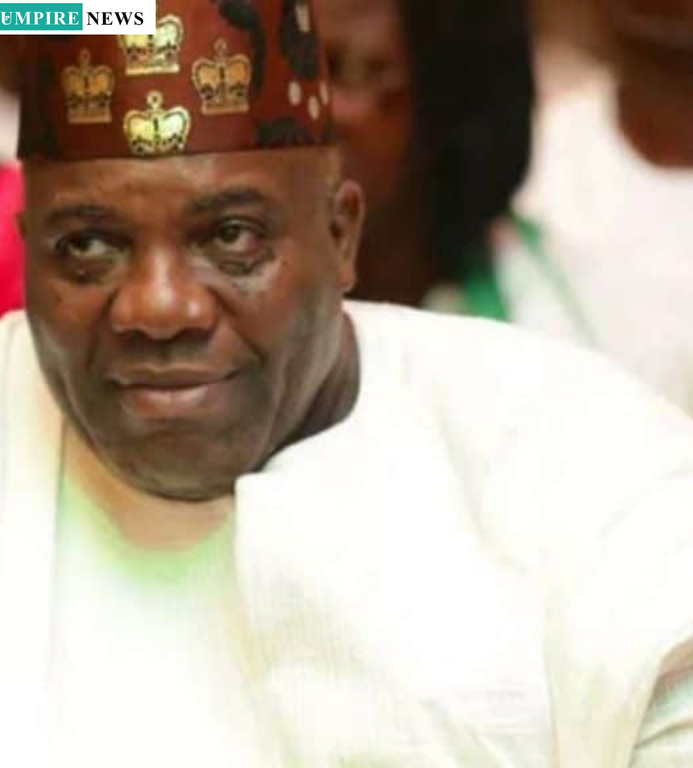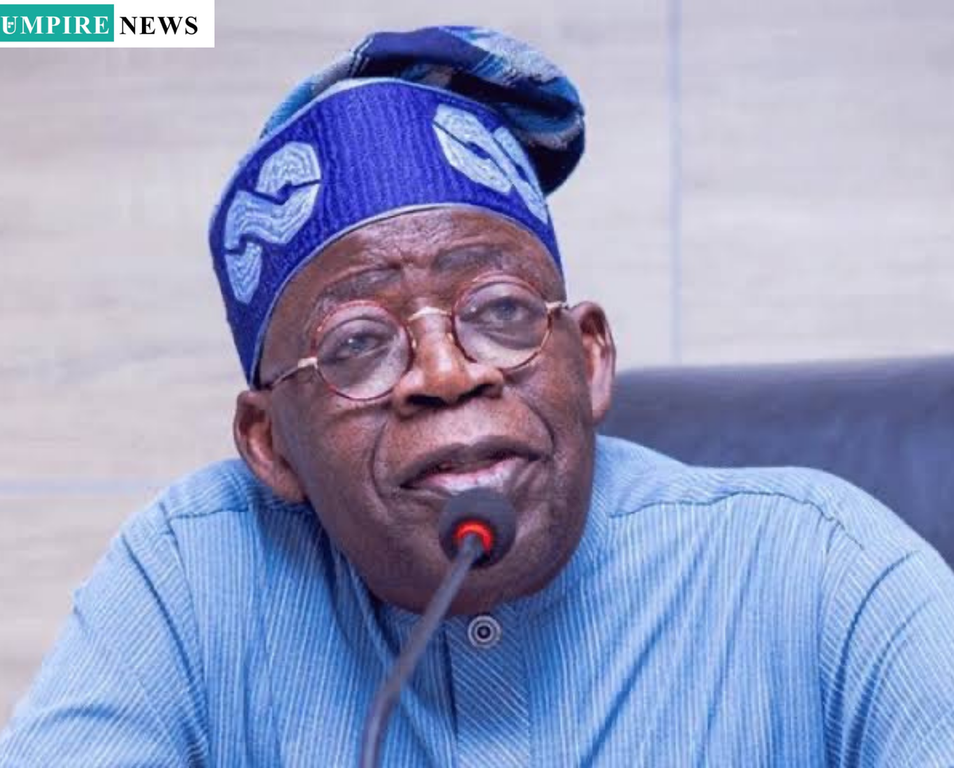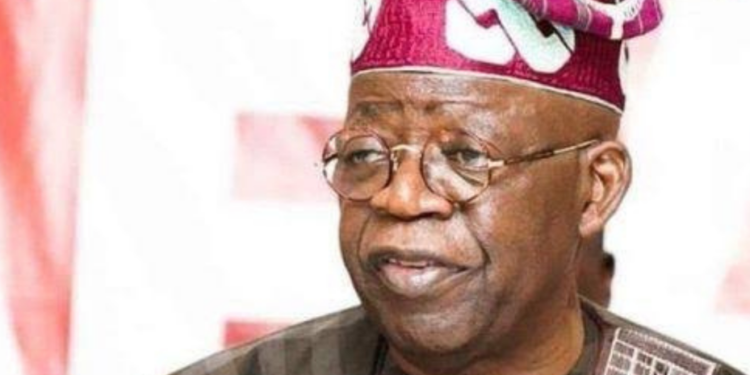A former Presidential spokesperson, Doyin Okupe, has recently articulated his perspective regarding President Bola Tinubu’s trip to the United Kingdom, characterizing it as a vital opportunity for the President to reflect on his administration’s achievements and challenges.
This statement comes in light of the criticism that has emerged from various quarters of Nigerian society, with some citizens questioning the appropriateness of the President’s two-week holiday during a time of pressing national issues.
Okupe’s comments were made during an interview where he sought to provide clarity and context to the situation.
In addressing the public’s concerns, Okupe defended the President’s decision to take time away from the hustle and bustle of political life.

He argued that such retreats are not only common but often necessary for leaders facing complex national challenges.
According to Okupe, the trip serves as a crucial moment for President Tinubu to engage in self-reflection, allowing him to evaluate the progress of his administration over the past 17 months.
This evaluation process is integral for determining the direction in which he wishes to lead the country moving forward.
Okupe highlighted that the President’s choice to travel abroad is also a strategic move to prevent “undue interference from political associates.”
He emphasized that, in order to make significant changes within his administration, such as reshuffling his cabinet, it is essential for the President to be in a mindset free from external pressures and influences.
By stepping away from the immediate political environment, President Tinubu can concentrate on the necessary introspection required to make informed decisions about the future.
“I have read many uninformed criticisms of the President’s holiday trip abroad,” Okupe stated, expressing his frustration with the negativity surrounding the situation.

He elaborated, “Personally, from my understanding of how Presidents behave in periods of national crisis, I believe the President has willfully separated himself from officials, friends, and associates to reflect and review the last 17 months and chart a new way forward for his administration.”
This sentiment underscores the idea that leadership often requires moments of solitude to foster clarity of thought and vision.
The need for leaders to take time for personal reflection is well documented in political theory and practice. Many successful leaders throughout history have recognized that stepping back from the day-to-day operations of government can lead to more strategic and effective decision-making.
Okupe’s defense of President Tinubu’s trip highlights this principle, suggesting that such moments can be essential for recalibrating goals and ensuring that the administration is aligned with the needs and aspirations of the populace.
Additionally, Okupe’s remarks invite a broader discussion about the expectations placed on political leaders. In an age where leaders are constantly scrutinized and held accountable for their every move, it is crucial to recognize that they, too, require moments of respite.
The ability to step away from the fray can empower leaders to return with renewed vigor and focus, ultimately benefiting the nation they serve.
Doyin Okupe’s insights shed light on the importance of personal reflection for political leaders, particularly during challenging times.
By advocating for President Tinubu’s right to take a holiday, Okupe encourages a more nuanced understanding of leadership dynamics.


































